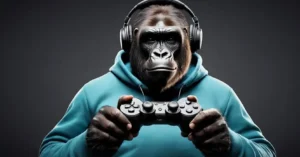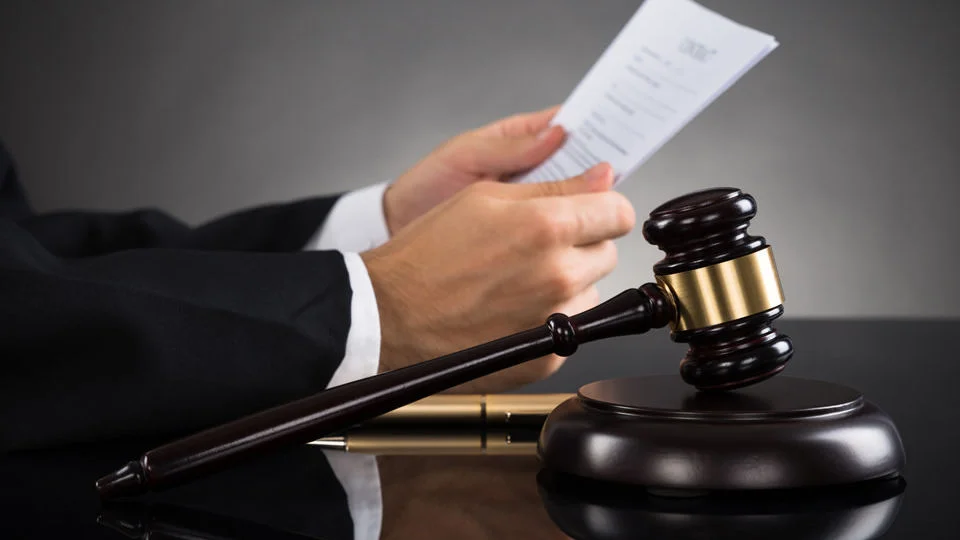In recent news, the c.w. park usc lawsuit has been making headlines. But what exactly is this lawsuit about, and how does it impact the parties involved? Let’s delve into the details to gain a better understanding of this legal battle.
What is the c.w. park usc lawsuit about?
The c.w. park usc lawsuit revolves around allegations of intellectual property theft and breach of contract between c.w. park, a renowned technology company, and the University of Southern California (USC). The lawsuit claims that USC used c.w. park’s patented technology without authorization, leading to significant financial losses for the company.
Why did c.w. park decide to take legal action against USC?
c.w. park decided to take legal action against USC after discovering that their patented technology was being used by the university without proper licensing agreements in place. As a technology company that relies on innovation for its success, c.w. park could not stand idly by while their intellectual property was being infringed upon. By filing a lawsuit, c.w. park aims to hold USC accountable for their actions and seek financial compensation for the damages incurred.
How does this lawsuit affect both c.w. park and USC?
For c.w. park, this lawsuit represents a significant challenge to their business operations. Not only have they suffered financial losses due to the unauthorized use of their technology, but their reputation as a leader in the industry is also at stake. By taking legal action, c.w. park hopes to protect their intellectual property rights and send a message to other organizations about the importance of respecting patents and contracts.
On the other hand, USC is facing potential reputational damage and financial liability as a result of this lawsuit. If found guilty of intellectual property theft and breach of contract, the university could be forced to pay substantial damages to c.w. park and may face repercussions in terms of partnerships and collaborations in the future. This lawsuit serves as a reminder to all institutions about the legal consequences of failing to uphold intellectual property rights.
What are the potential outcomes of the c.w. park usc lawsuit?
The potential outcomes of the c.w. park usc lawsuit are varied and depend on the evidence presented in court. If c.w. park can prove that USC did, in fact, use their patented technology without authorization, the university may be required to pay damages, cease using the technology, and possibly face legal sanctions. On the other hand, if USC can provide evidence that they had the necessary permissions to use the technology, the lawsuit may be dismissed, and c.w. park may have to bear the costs of the legal proceedings.
As this legal battle unfolds, it is essential to monitor the developments and understand the implications for both c.w. park and USC. Intellectual property rights are a crucial aspect of innovation and must be protected to foster a culture of creativity and respect in the business world.
In conclusion, the c.w. park usc lawsuit sheds light on the importance of upholding intellectual property rights and honoring contractual agreements in business relationships. By seeking legal recourse, c.w. park is taking a stand against infringement and sending a message about the value of innovation in today’s competitive landscape.







